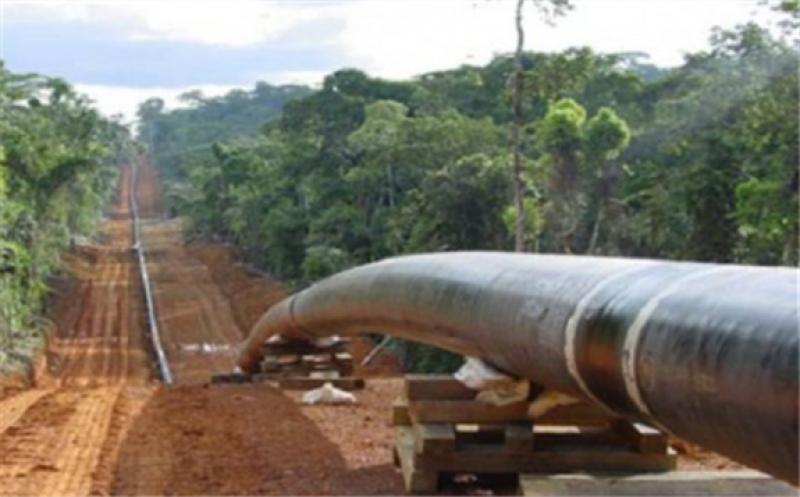Tanzania and Uganda have signed a fifth and final government agreement that will greenlight the construction of a $3.5-billion pipeline that will carry crude pumped in western Uganda to the coast of Tanzania and international markets.

The agreement follows another one, signed with partners French Total and Chinese CNOOC last month.
The East-African Crude Oil Pipeline (EACOP) project will be a 1,443 kilometer-long (897 miles) pipeline expected to transport oil from Uganda to the Tanga port in Tanzania. Total’s subsidiary, Total East Africa Midstream is the developer of the project.
Uganda’s oil fields could give Total and CNOOC access to more than a billion barrels of crude and will cost some $5.1 billion to develop. The oil, however, is viscous, so the pipeline will need to be heated in order to keep it liquid enough to flow. This will make the EACOP the world’s largest heated oil pipeline.
According to Uganda’s president, Yoweri Museveni, the reserves in the Lake Albert fields that Total and CNOOC are operating, currently estimated at 6.5 billion barrels of oil, could be a lot greater, Tanzania Daily News noted in a recent report.
Yet the pipeline could become crucial for more countries with as of yet untapped oil reserves, according to the Ugandan president, with Burundi, the Democratic Republic of Congo among them, along with South Sudan, which is already an oil producer.
Construction works on the pipeline should begin quickly and last about 36 months, according to Tanzanian officials, despite strong opposition from environmentalist groups.
In March, a group of 260 organizations wrote an open letter to 25 banks calling on them to not take part in the $2.5-billion loan financing for the EACOP project, which, according to them, was “manifestly irresponsible”. The signatories to the letter also noted the threats that the infrastructure would pose to local communities, water supplies, and biodiversity. Further, they said that the project would “either prove financially unviable or produce unacceptable climate harm.”